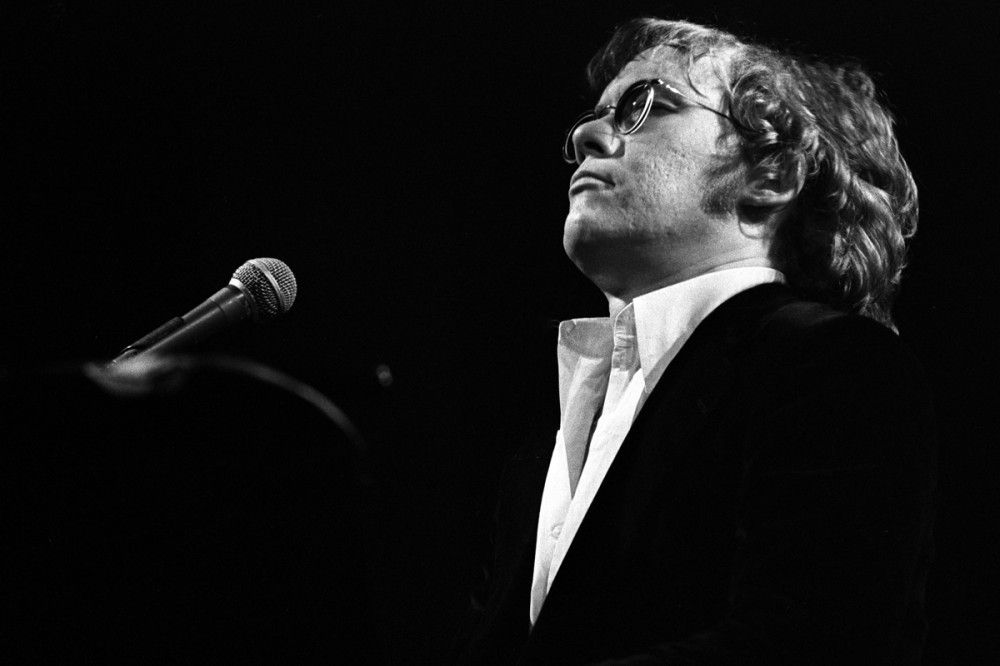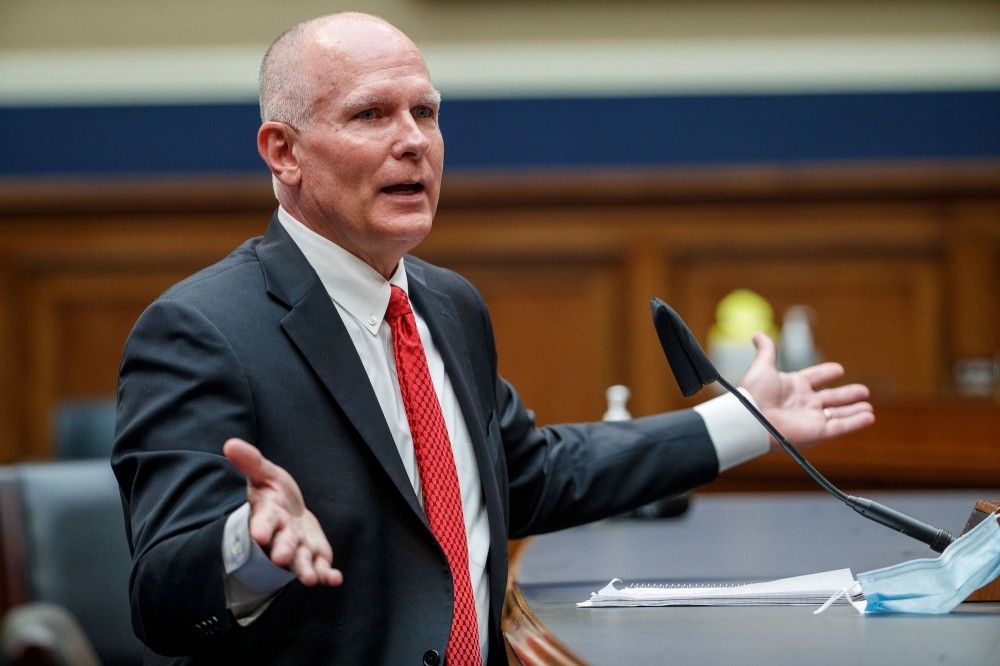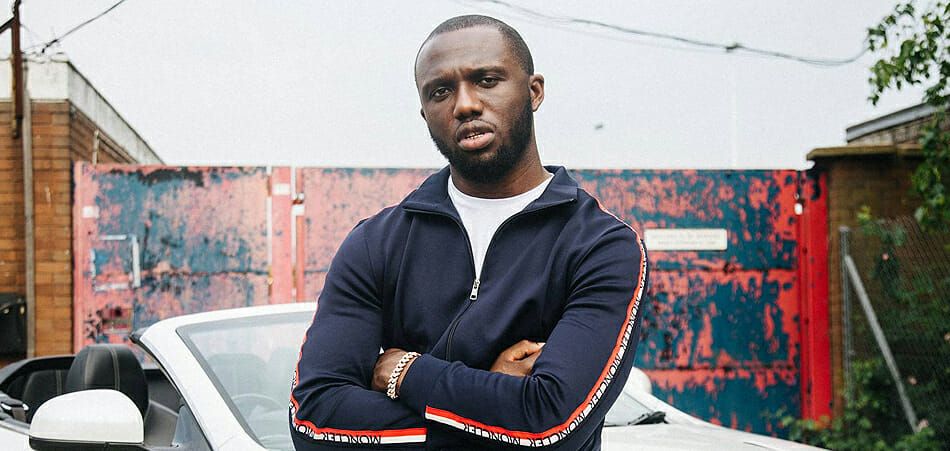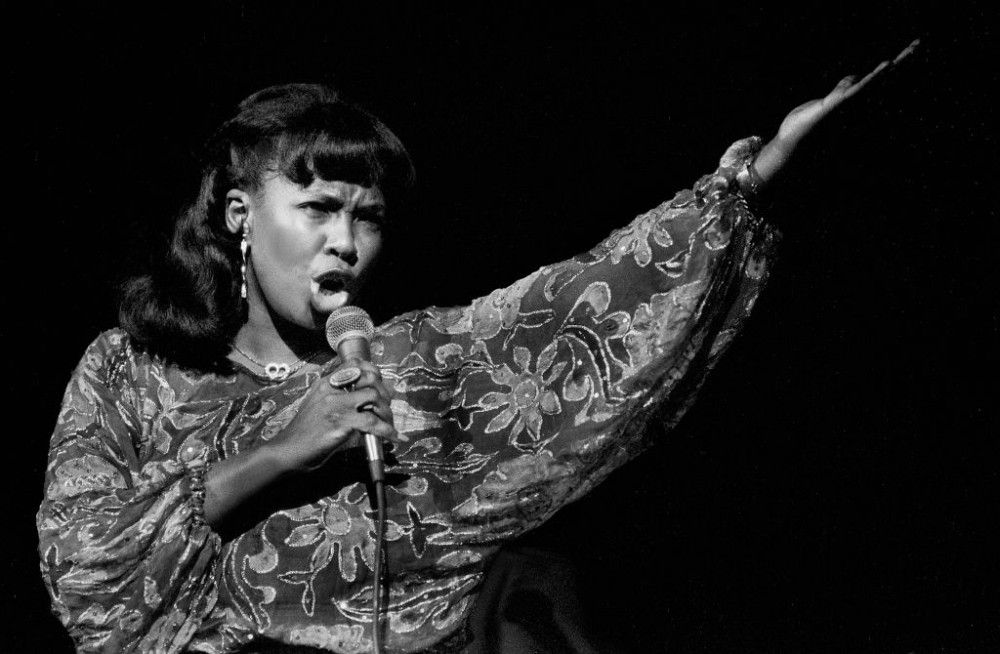
Flashback: Warren Zevon Teams With Carl Wilson on 'Desperados Under the Eaves'
’s incredible new song, “Murder Most Foul,” centers around the assassination of John F. Kennedy, but it’s also a “We Didn’t Start the Fire”–style journey through American history that touches on everything from the hanging death of Tom Dula in 1868 to the notorious murderer known as the Birdman of Alcatraz. By the end, Dylan is pleading with disc jockey Wolfman Jack to play music to distract him from the agony of it all, calling out everything from Billy Joel’s “Only the Good Die Young” to the Who’s “The Acid Queen” and the Eagles’ “Take It to the Limit.”
One of the more intriguing song requests comes in the fifth verse. “Play it for , too,” Dylan sings. “Looking far, far away down Gower Avenue.” He’s referring to ’s song “Desperados Under the Eaves,” from his 1976 self-titled LP, which features Beach Boy Carl Wilson on background vocals. Wilson’s parts are particularly audible on the closing refrain: “Look away down Gower Avenue, look away.”
Even by the standards of Zevon, this is a sad song. It’s an autobiographical tale of his life in the late Sixties, when he was a hopeless alcoholic living in a series of seedy motels around Los Angeles. When one place threw him out for being unable to pay the bill, he’d move onto the next one. “I was sitting in the Hollywood Hawaiian Hotel,” he sings. “I was staring in my empty coffee cup/I was thinking that the gypsy wasn’t lyin’/All the salty margaritas in Los Angeles, I’m gonna drink ’em up.”
According to Crystal Zevon, his former wife, Warren climbed out of a bathroom window to avoid paying the motel bill. Original Beach Boy David Marks was waiting there in a station wagon to help him with the escape. As a teenager in the early Sixties, Marks helped craft the Beach Boy fantasy version of Los Angeles, where life was nothing but chilling on the beach, drag racing, and spending long nights with beautiful surfer girls. None of their songs referenced helping a drunken friend escape from a fleabag motel without paying the bill, but Marks was far from the only member of the band to prove that real life was nothing like a Beach Boys tune.
Zevon’s life was in much better shape by the time he recorded Warren Zevon in 1975. It was his first effort for Asylum Records, Jackson Browne signed on to produce it, and everyone from Lindsey Buckingham to Glenn Frey, Phil Everly, Stevie Nicks, and Bonnie Raitt helped out. “Desperados Under the Eaves” is the last track, and the final sounds you hear are Zevon and Carl Wilson locking voices. That means that one Beach Boy helped him live the song and another helped him turn the moment into art.
The passage clearly struck a chord with Bob Dylan, since he’s singing about that beautifully sad moment in the song 44 years later. But this isn’t the first time he’s expressed a fondness for Zevon. In 2002, shortly after the world learned that Zevon had terminal cancer, Dylan began playing his songs in concert. Amazingly, at some shows he’d play three of them a night, including “Mutineer,” “Lawyers, Guns and Money,” “Accidentally Like a Martyr,” and “Boom Boom Mancini.” He never got around to “Desperados Under the Eaves,” but it’s a true masterpiece that deserves the attention he’s now giving it.



